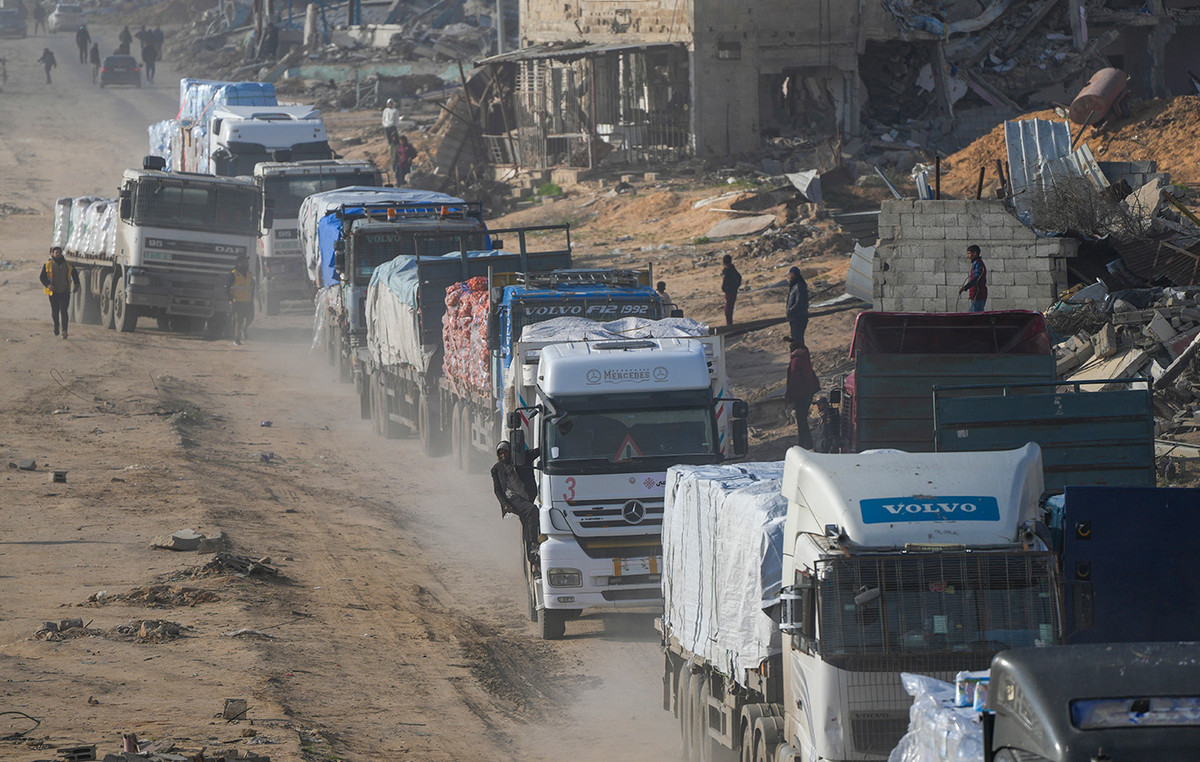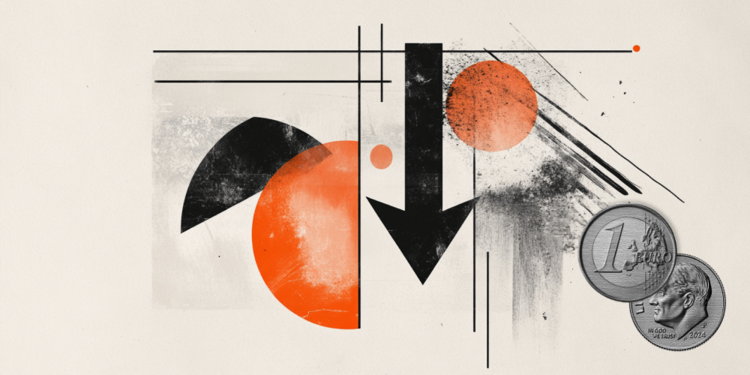Syrians woke up on Monday to a hopeful, if uncertain, future after rebels seized the capital Damascus and President Bashar al-Assad fled to Russia, ending a 13-year civil war and more than 50 years of brutal rule of his family.
The lightning advance of a militia alliance led by Hayat al-Tahrir al-Sham (HTS), a former al-Qaeda affiliate, marked one of the biggest turning points for the Middle East in generations. Assad’s fall destroyed a bastion from which Iran and Russia exerted influence across the Arab world.
Moscow has given asylum to Assad and his family, Russian media reported and Mikhail Ulyanov, Russia’s ambassador to international organizations in Vienna, said on his Telegram channel on Sunday (8).
International governments welcomed the end of the Assads’ autocratic rule as they sought to take stock of a new Middle East.
US President Joe Biden said Syria is in a period of risk and uncertainty, and it is the first time in years that neither Russia, Iran nor the militant organization Hezbollah have played an influential role there.
HTS is still designated a terrorist group by the US, Turkey and the United Nations, although it has spent years trying to soften its image to reassure international governments and minority groups in Syria.
Japan’s Chief Cabinet Secretary Yoshimasa Hayashi said on Monday that Tokyo was paying close attention to developments in Syria.
Assad’s overthrow limits Iran’s ability to spread weapons to its allies and could cost Russia its naval base in the Mediterranean. It could also allow millions of refugees scattered for more than a decade in camps across Türkiye, Lebanon and Jordan to finally return home.
Reconstruction
The rebels face a monumental task of rebuilding and administering a country after a war that left hundreds of thousands dead, cities reduced to dust and an economy hollowed out by global sanctions. Syria will need billions of dollars in aid.
“A new history, my brothers, is being written across the region after this great victory,” said Ahmed al-Sharaa, better known as Abu Mohammed al-Jolani, head of HTS.
Speaking to a huge crowd on Sunday at Damascus’ Umayyad Mosque, a place of enormous religious significance, Jolani said that with hard work Syria would be “a beacon for the Islamic nation.”
Assad’s police state was known as one of the harshest in the Middle East, with hundreds of thousands of political prisoners held in horrific conditions.
On Sunday, jubilant but often confused inmates emerged from prisons. Families gathered cried with joy. Newly released prisoners were filmed running through the streets of Damascus, raising their hands to show how many years they had been in prison.
The White Helmets rescue organization said it sent emergency teams to search for hidden underground cells that still house inmates.
With a curfew declared by rebels, Damascus was calm overnight, with roads leading into the city nearly empty. A shopping center was looted on Sunday, and some people broke into Assad’s presidential complex, leaving carrying furniture.
The rebel coalition said it was working to complete the transfer of power to a transitional governing body with executive powers, referring to building “a Syria together.”
Jolani is a Sunni Muslim, who is the majority in Syria, but the country is home to a wide range of religious sects, including Christians and Assad’s fellow Alawites, an offshoot of Shiite Islam.
The stupefied world
The pace of events has stunned the world’s capitals and raised concerns about further regional instability beyond the Gaza war, Israel’s attacks on Lebanon and tensions between Israel and Iran.
US Central Command said its forces conducted dozens of airstrikes targeting known Islamic State camps and operatives in central Syria on Sunday.
Defense Secretary Lloyd Austin said Sunday that he spoke with Turkish Minister of National Defense Yasar Guler, emphasizing the importance of protecting civilians and that the United States is watching closely.
During Syria’s civil war, which erupted in 2011 as an uprising against Assad, his forces and their Russian allies bombed cities into rubble. The Middle East refugee crisis was one of the biggest in modern times and caused a political reckoning in Europe when one million people arrived in 2015.
In recent years, Turkey has supported some rebels in a small stronghold in the northwest and along its border. The United States, which has about 900 troops in Syria, supported a Kurdish-led alliance that fought Islamic State jihadists from 2014 to 2017.
Find out who the Syrian rebel leader is and the group that overthrew Bashar al-Assad
This content was originally published in Mundo observes new era in Syria after Assad’s deposition on the CNN Brasil website.
Source: CNN Brasil
Bruce Belcher is a seasoned author with over 5 years of experience in world news. He writes for online news websites and provides in-depth analysis on the world stock market. Bruce is known for his insightful perspectives and commitment to keeping the public informed.







